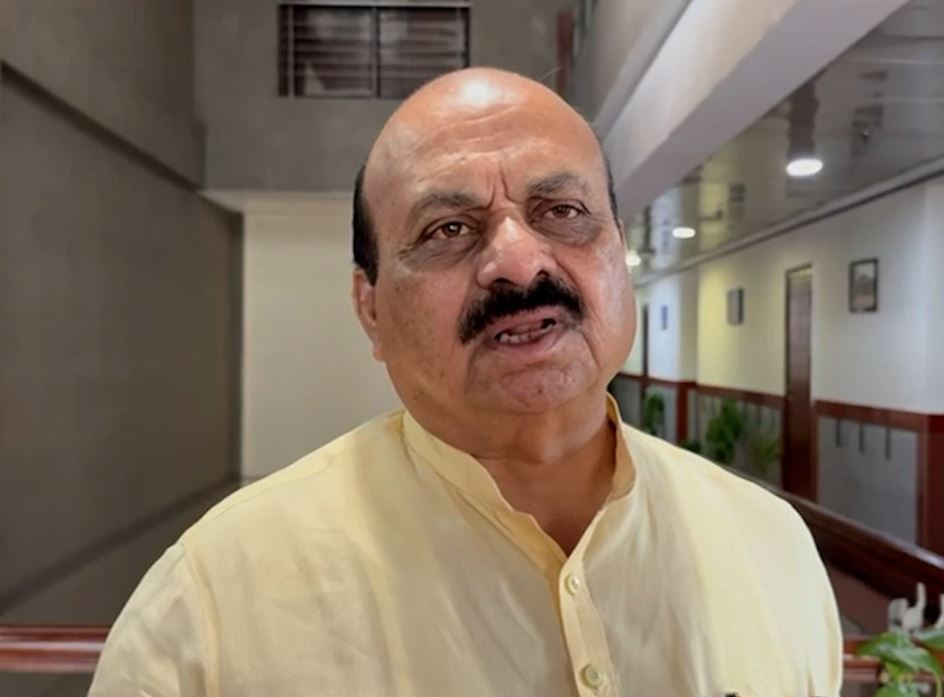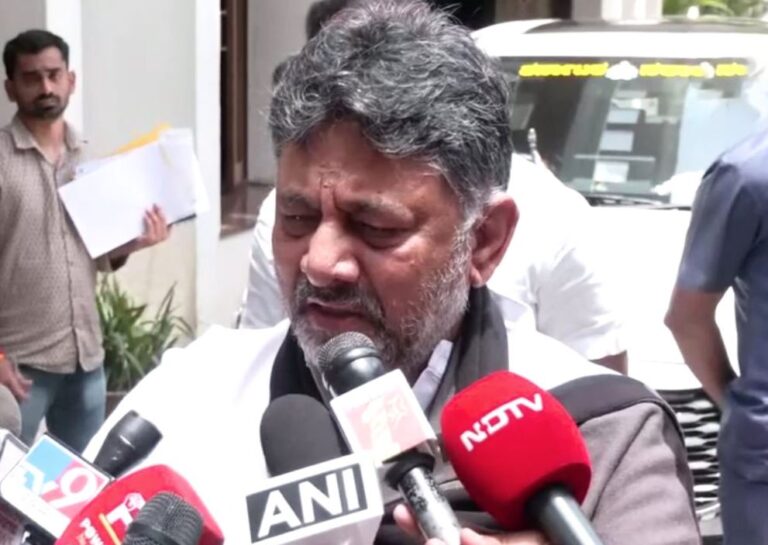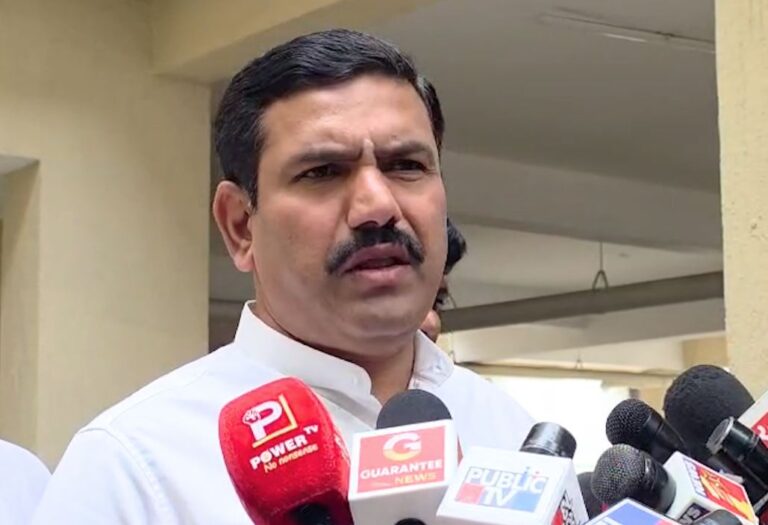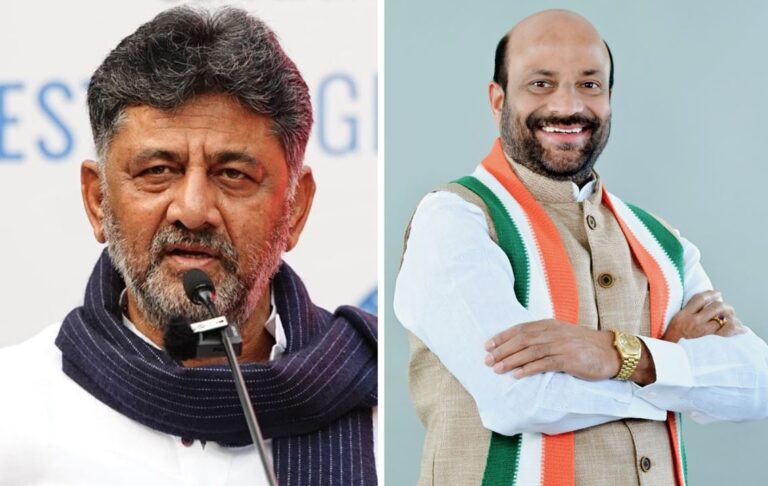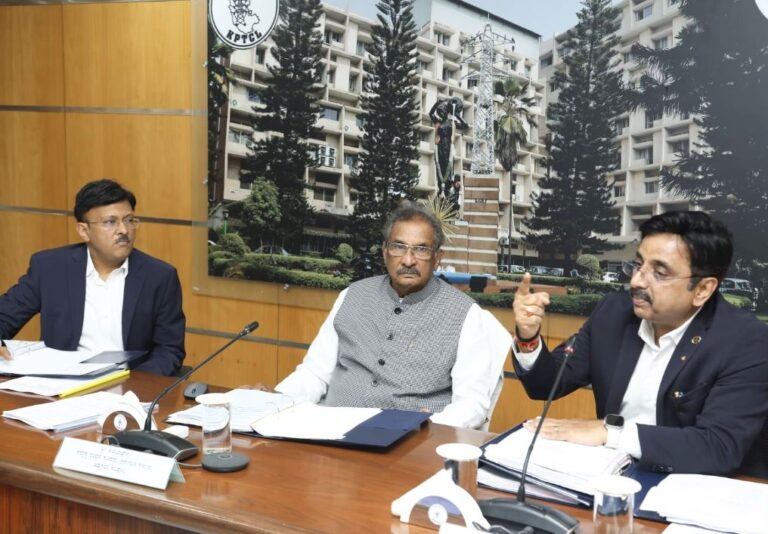New Delhi: Former Chief Minister and Member of Parliament Basavaraj Bommai said that the Union Budget presented by Finance Minister Nirmala Sitharaman was the budget for the future youth of India.
Speaking to the media in New Delhi after the Union Budget presentation, he said that the ten years of economic reforms by the Narendra Modi-led central government have shown that India was one of the fastest-growing nations in the world. Controlling inflation and providing employment to more people were the results of the past decade’s efforts, and the budget is development-oriented to further advance the goal of making India a developed nation.
He said the budget allocates ₹1.5 lakh crore for agriculture, ₹1.5 lakh crore for employment and skill development, increases the loan amount in the Mudra scheme from ₹10 lakh to ₹20 lakh, provides ₹1 lakh crore for rural development, plans to provide 3 crore houses for the poor, and emphasizes agricultural production and processing.
Special focus has been given to the manufacturing sector, particularly small industries, and the service sector was set to grow significantly. Investments in these three sectors were aimed at strengthening the economy. More funds have been allocated to social sectors like education, health, and employment, which is a welcome move. Compared to the previous year, more funds have been allocated for infrastructure development. Plans to implement special laws for women’s empowerment were a positive development.
The MP said that energy sector has been given priority, with emphasis on renewable energy. Under the Pradhan Mantri Surya Ghar Yojana, one crore people were set to receive free electricity, and one lakh people have already registered for this scheme.
The reduction of taxes for ordinary people, with no taxes up to ₹3 lakh and a 5% tax on income between ₹3 lakh and ₹7 lakh, would be beneficial for the middle class. Most importantly, maintaining fiscal discipline was key. The fiscal deficit has been reduced from 5.3% to 4.7%, and the target was to bring it down to 4.5% next year. This budget makes it easier for foreign direct investment to flow into the country, reduces government borrowing, and was expected to bring about significant changes in the coming days. This was indeed a budget for the future youth of India, he added.

